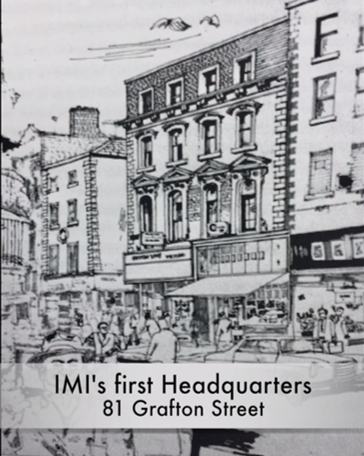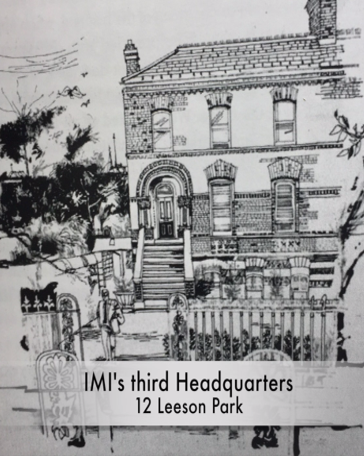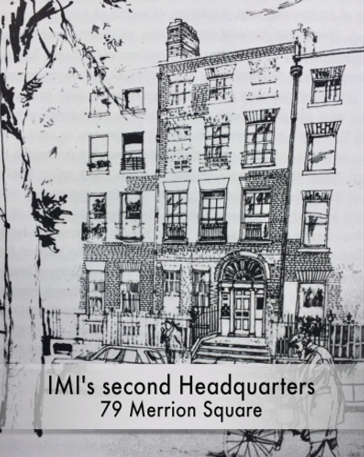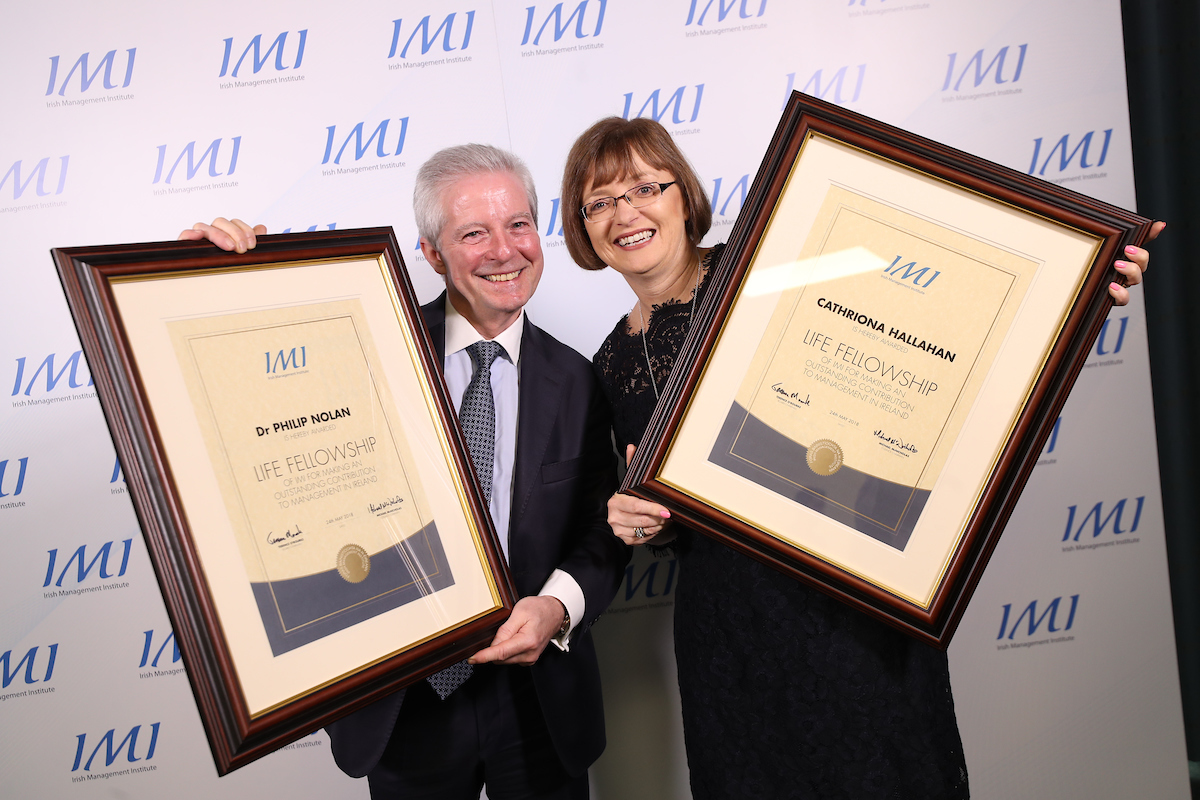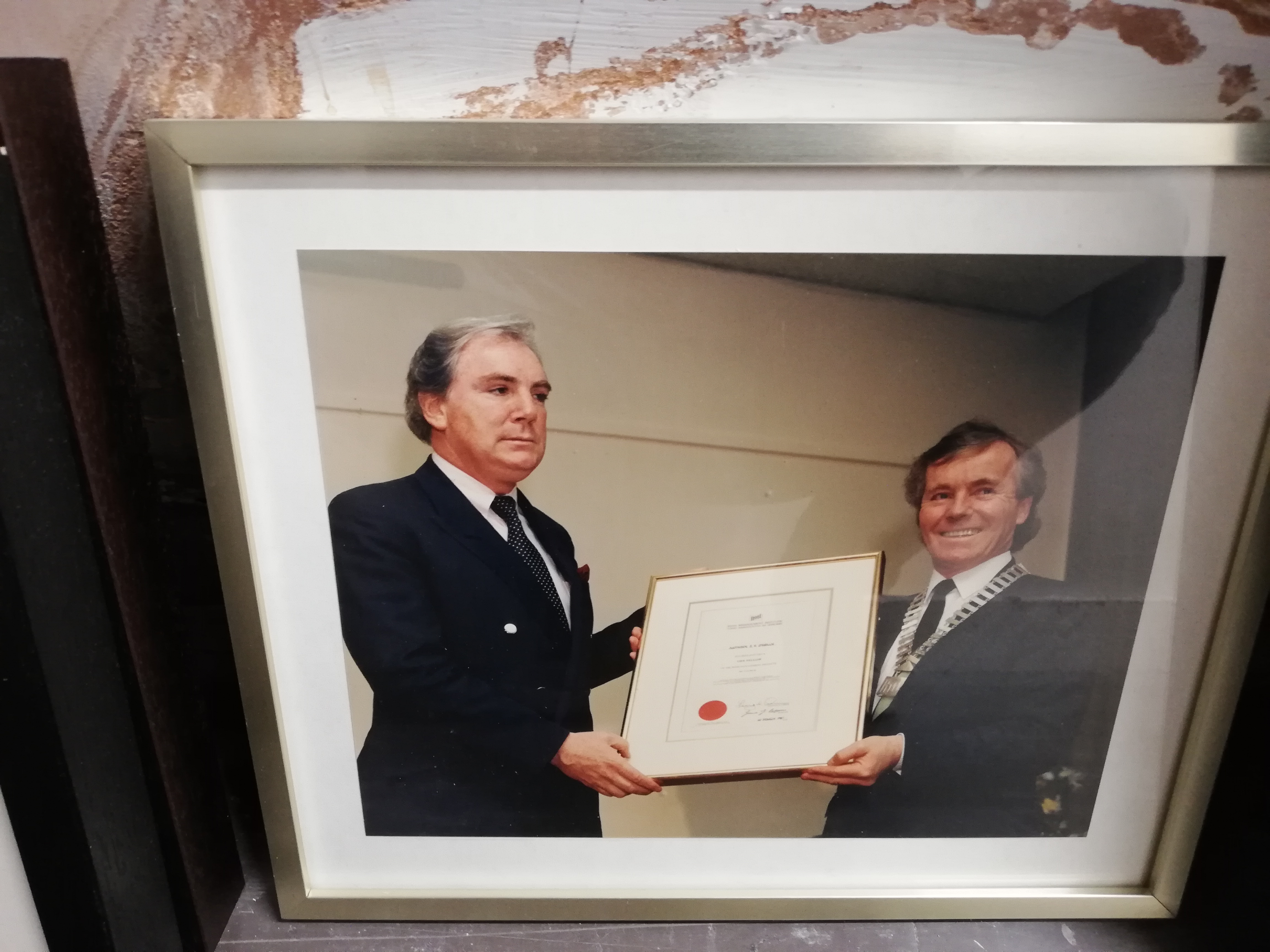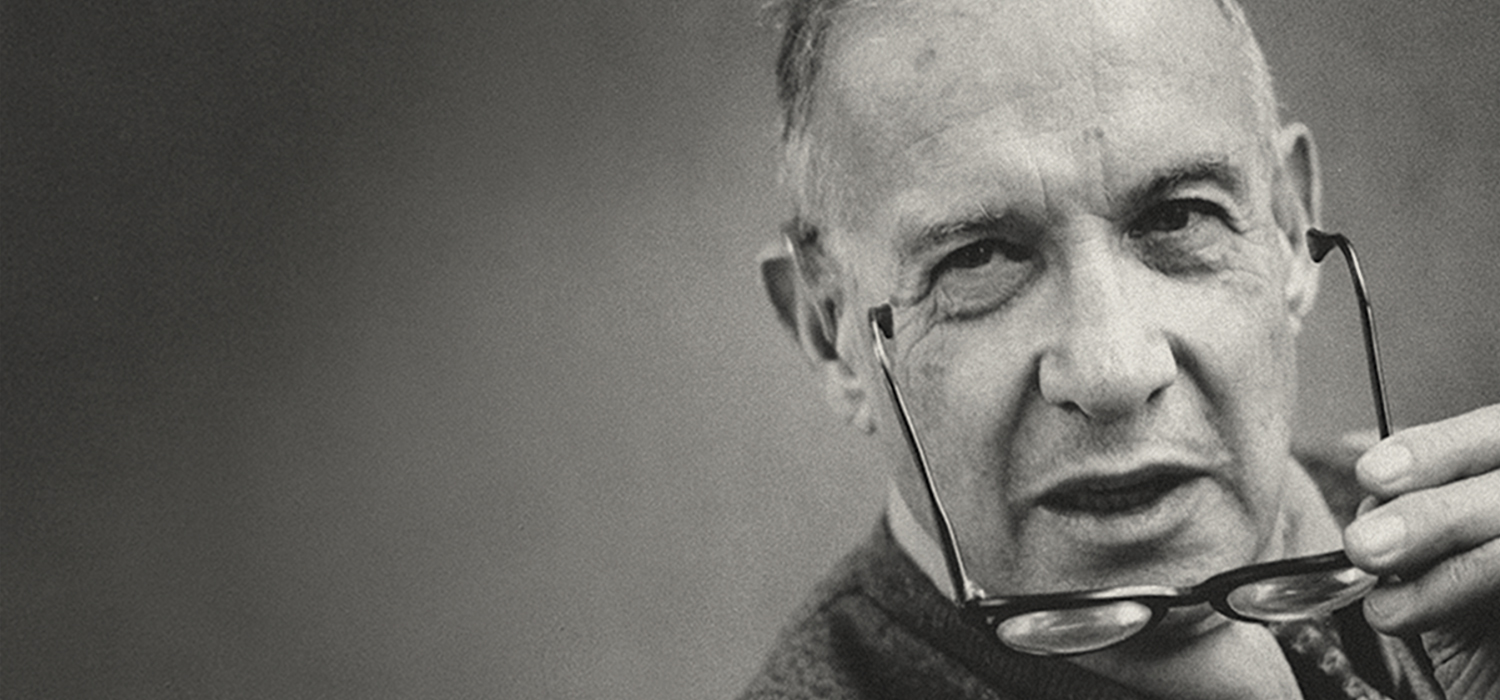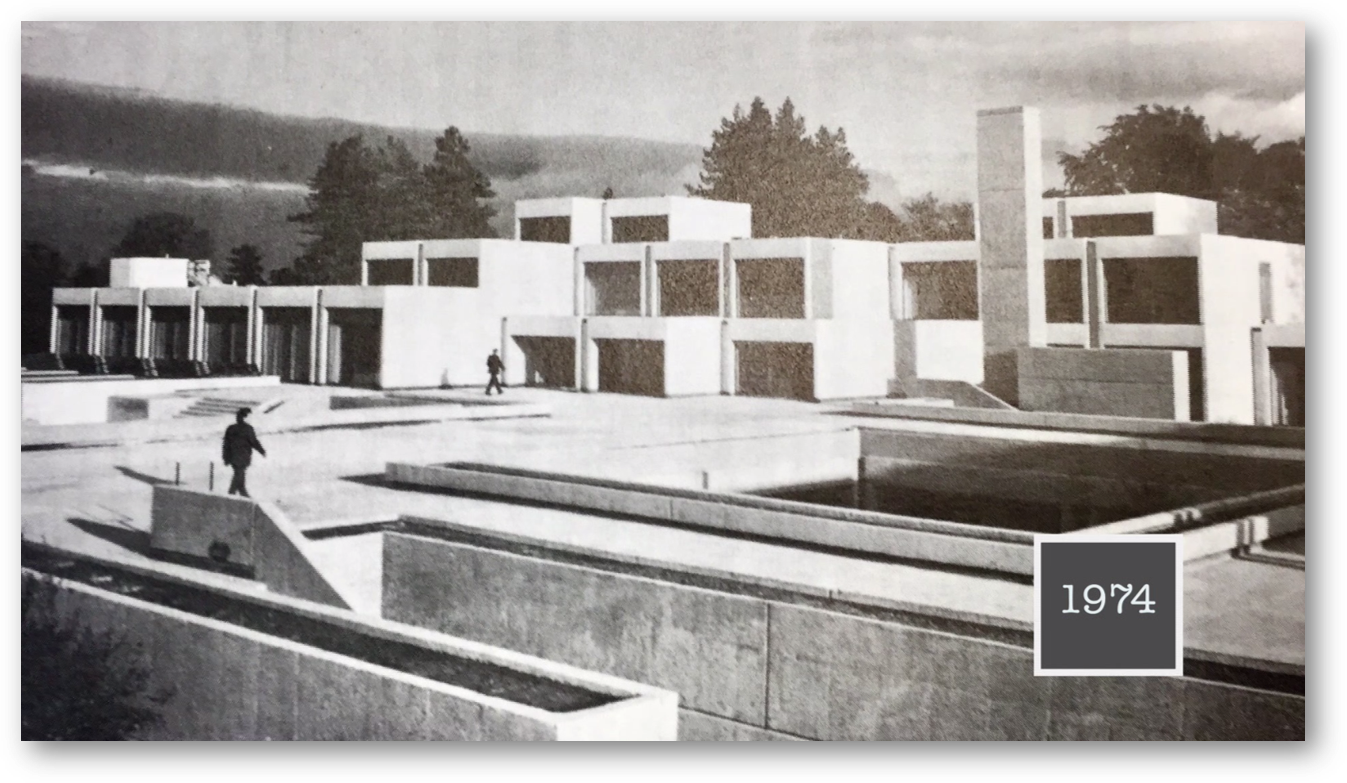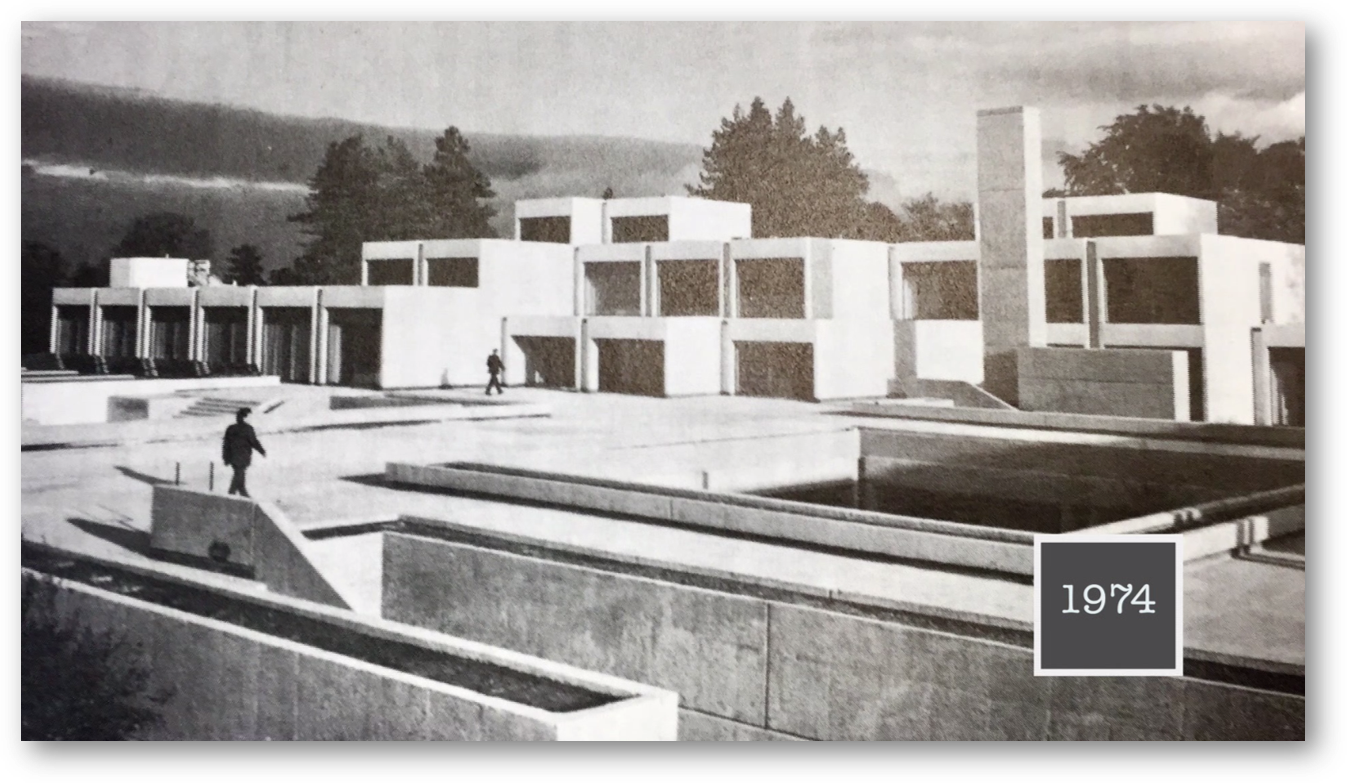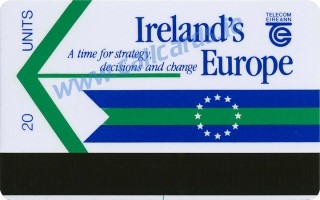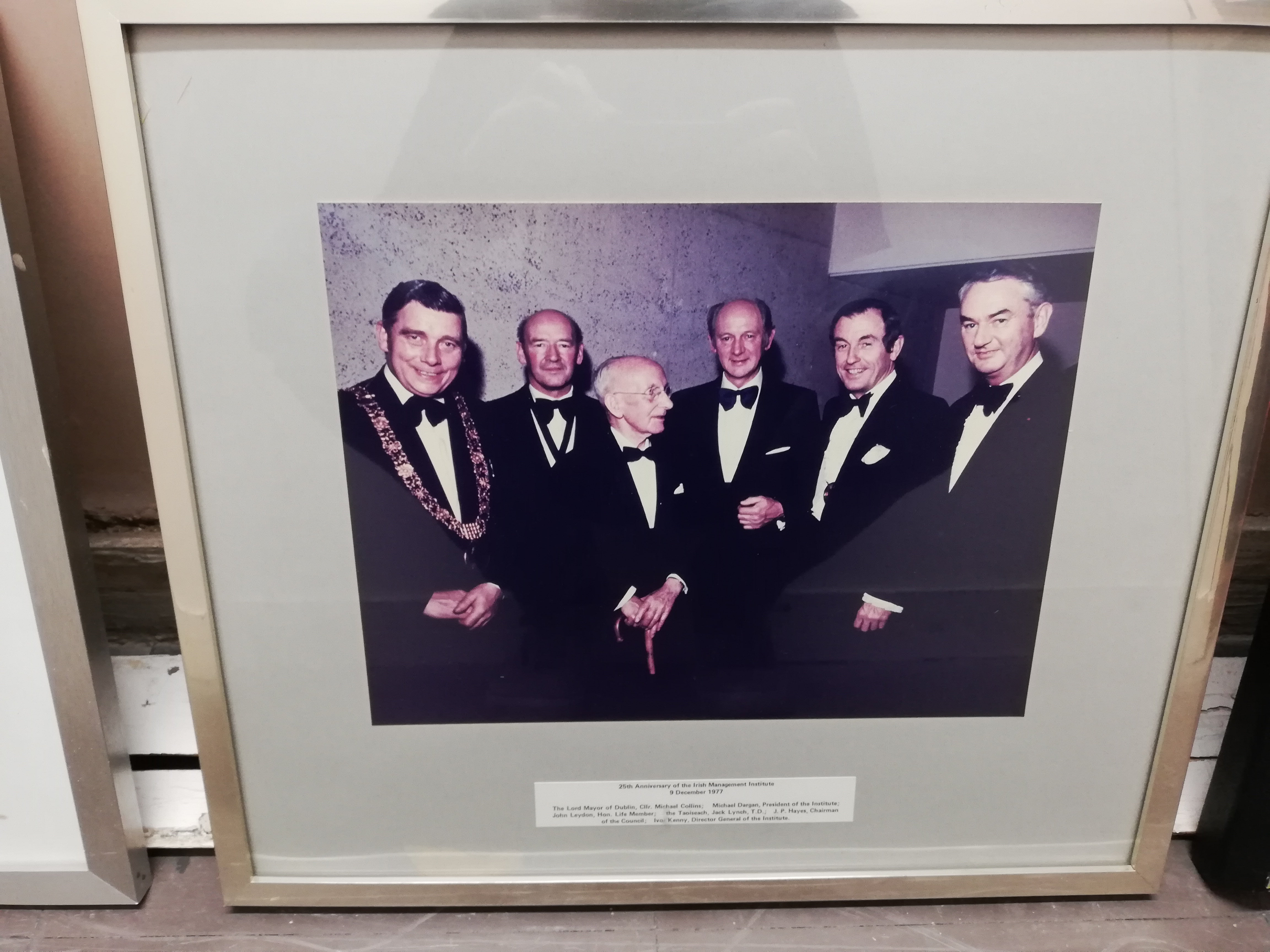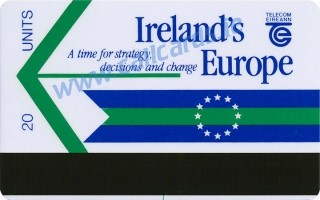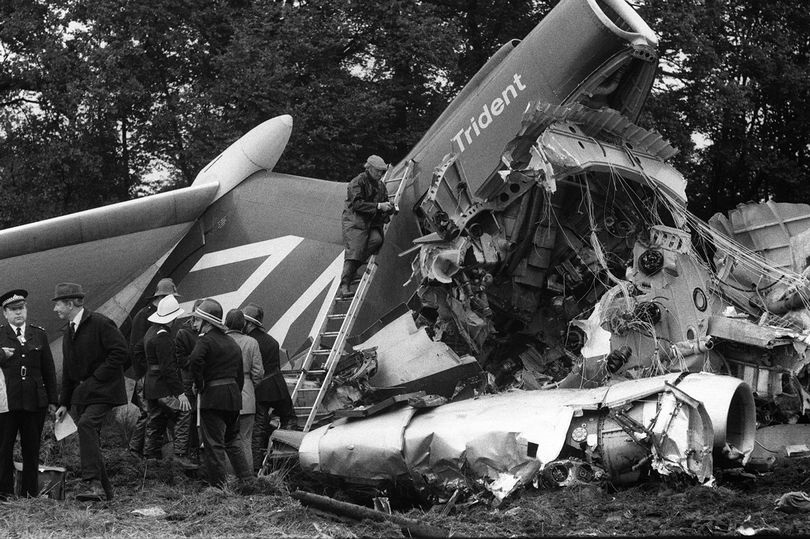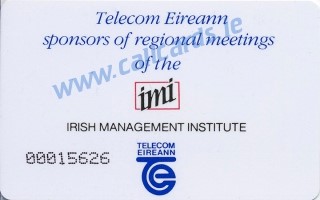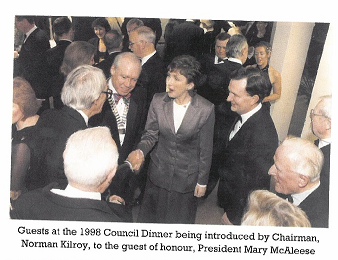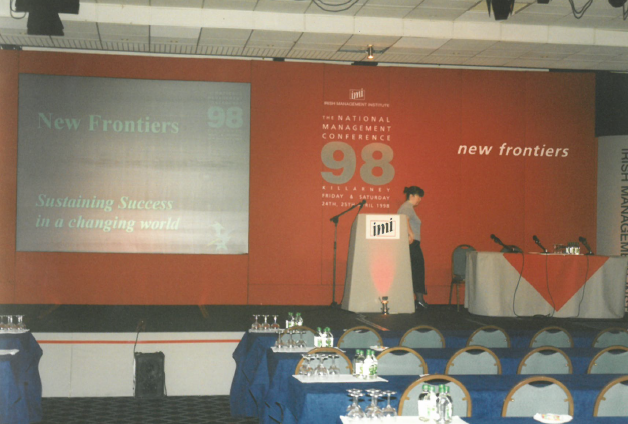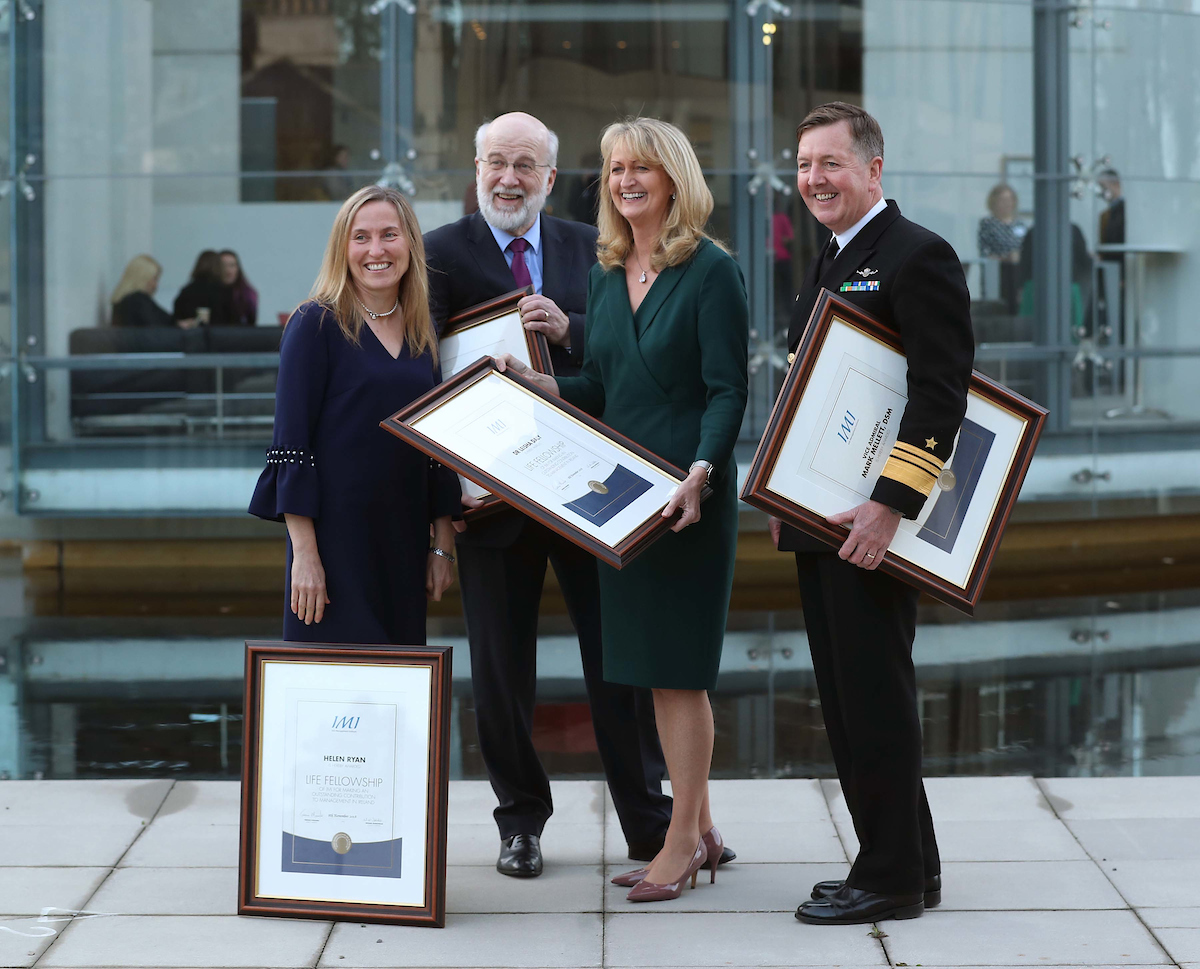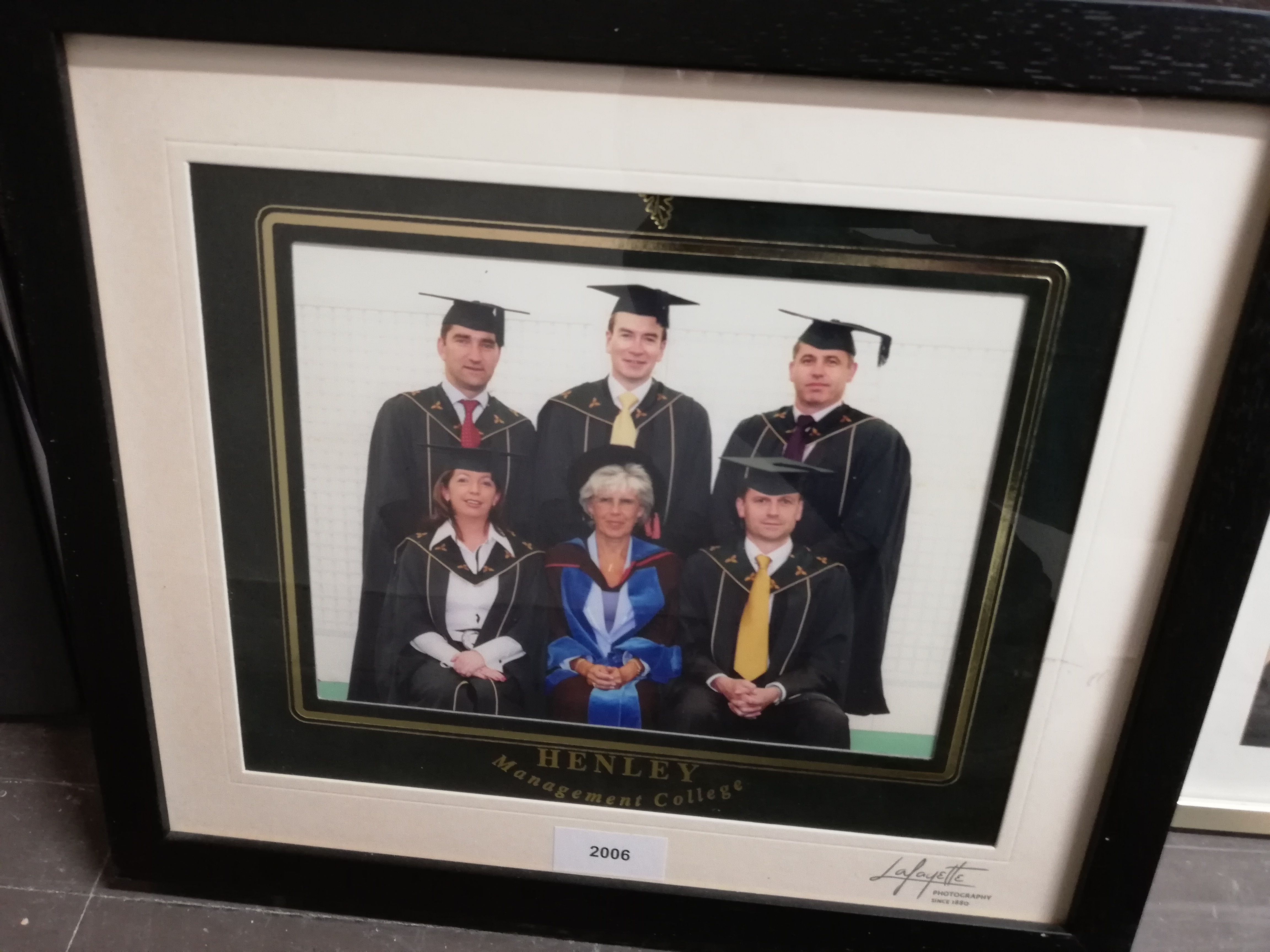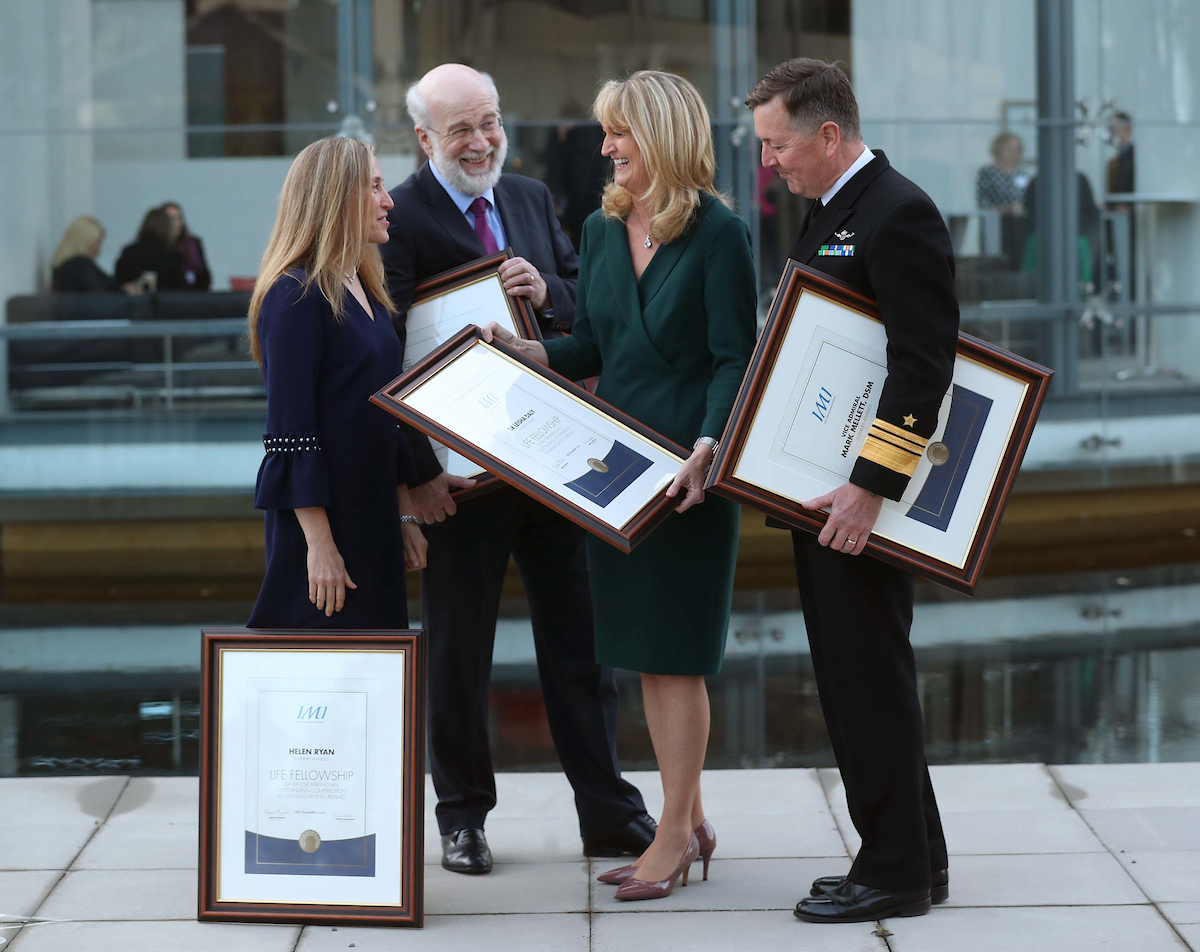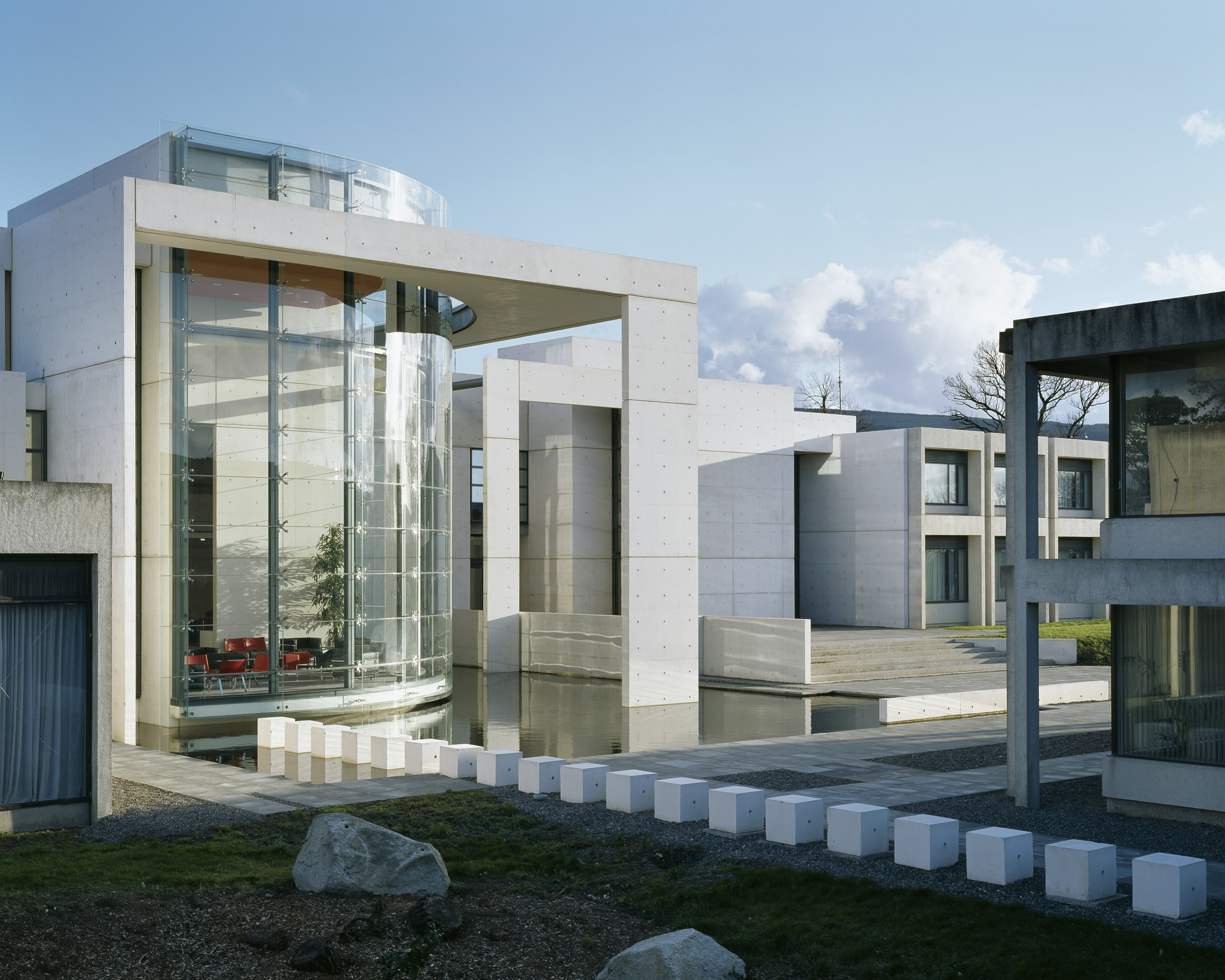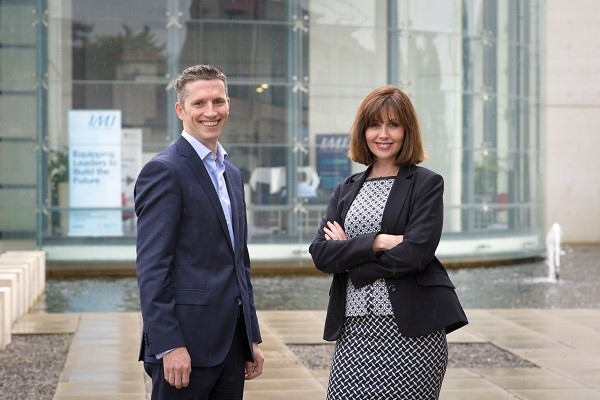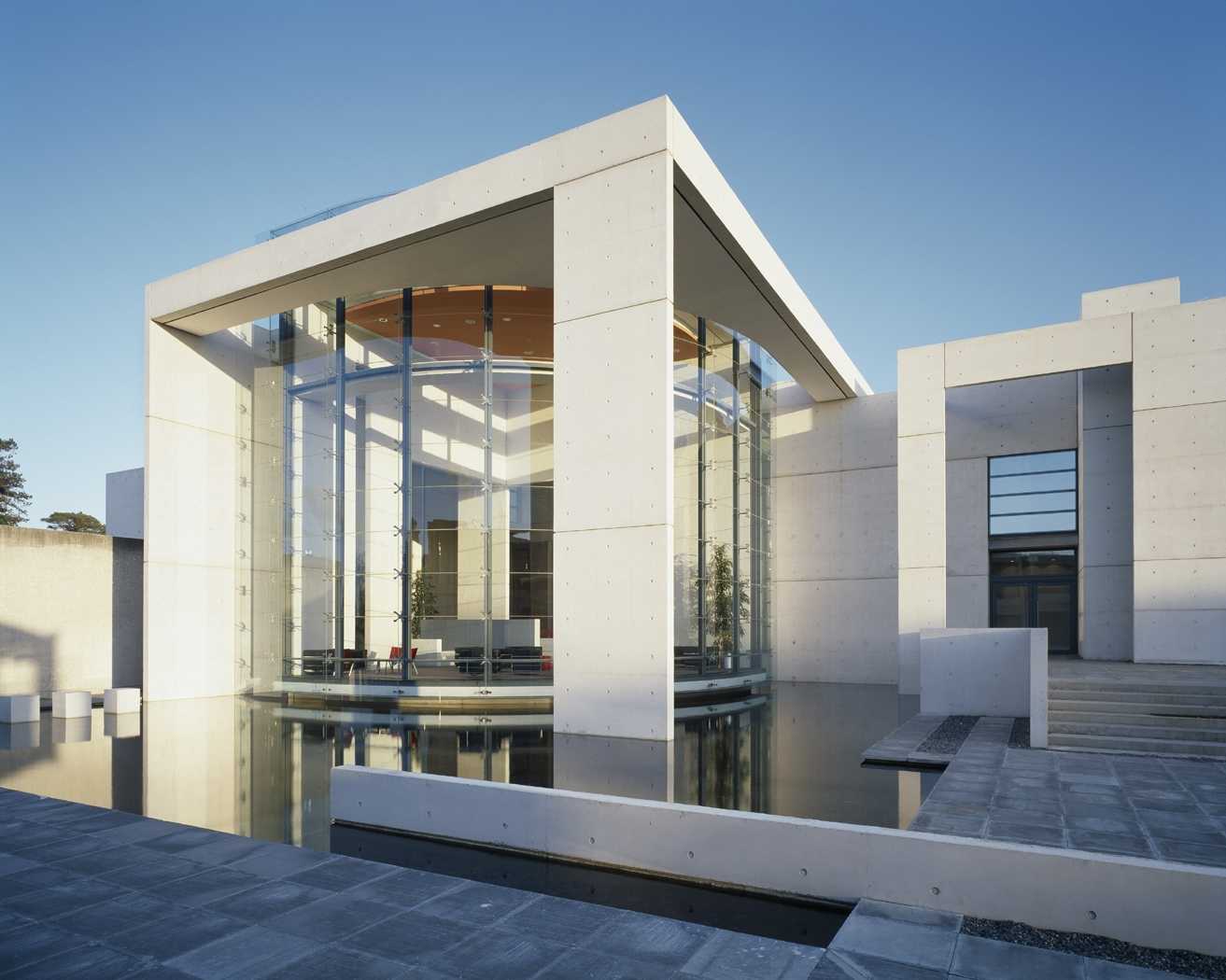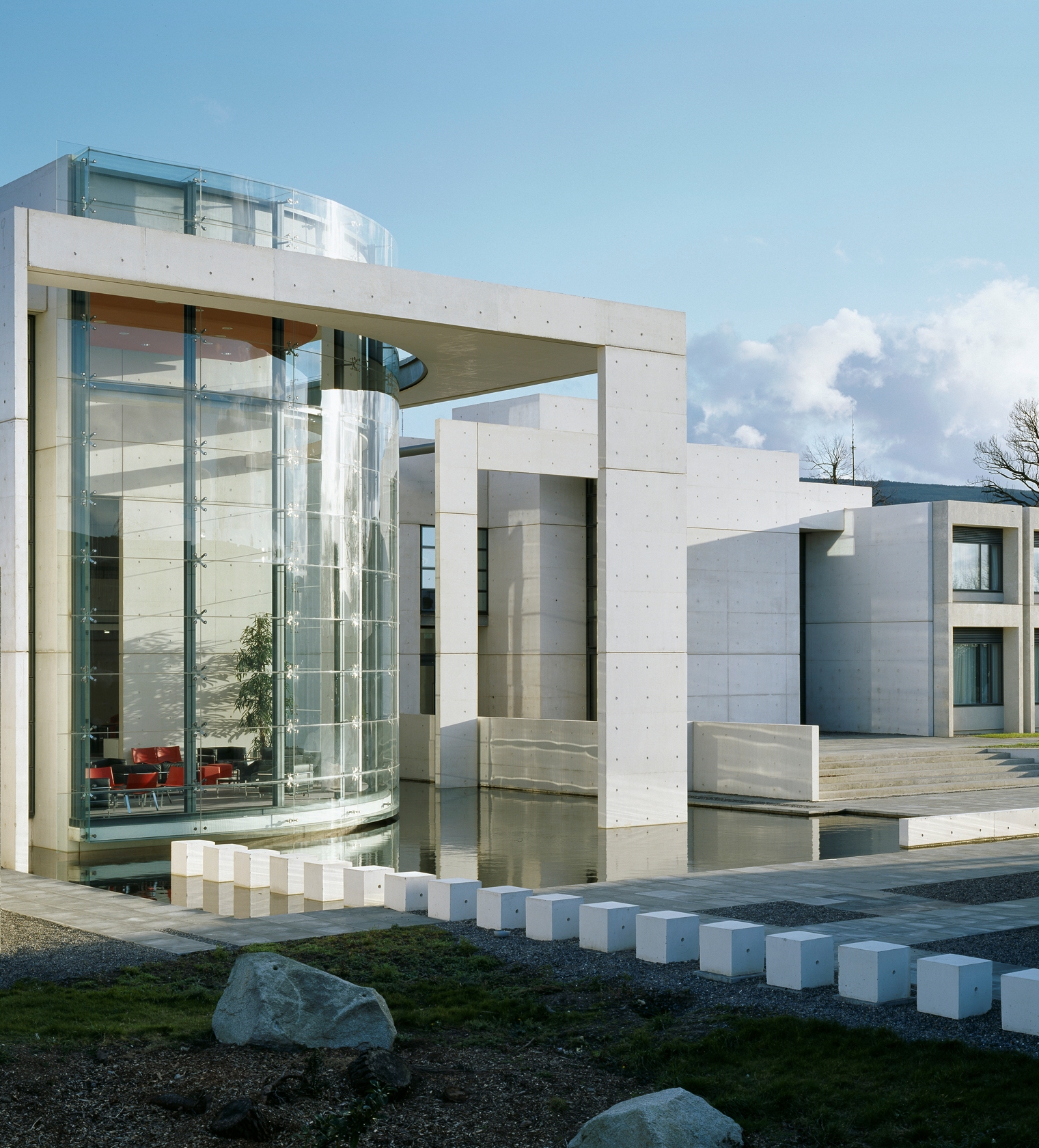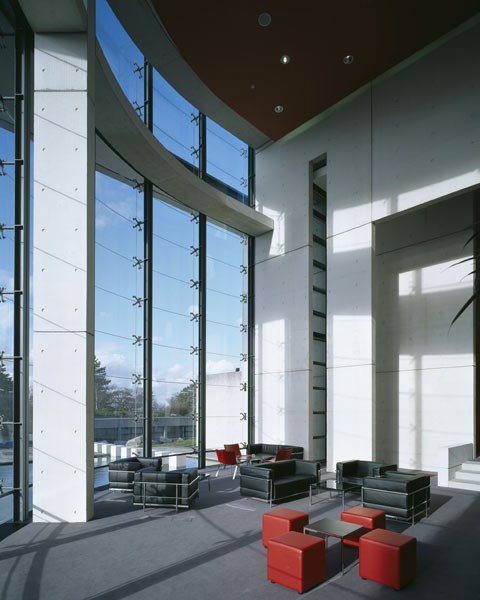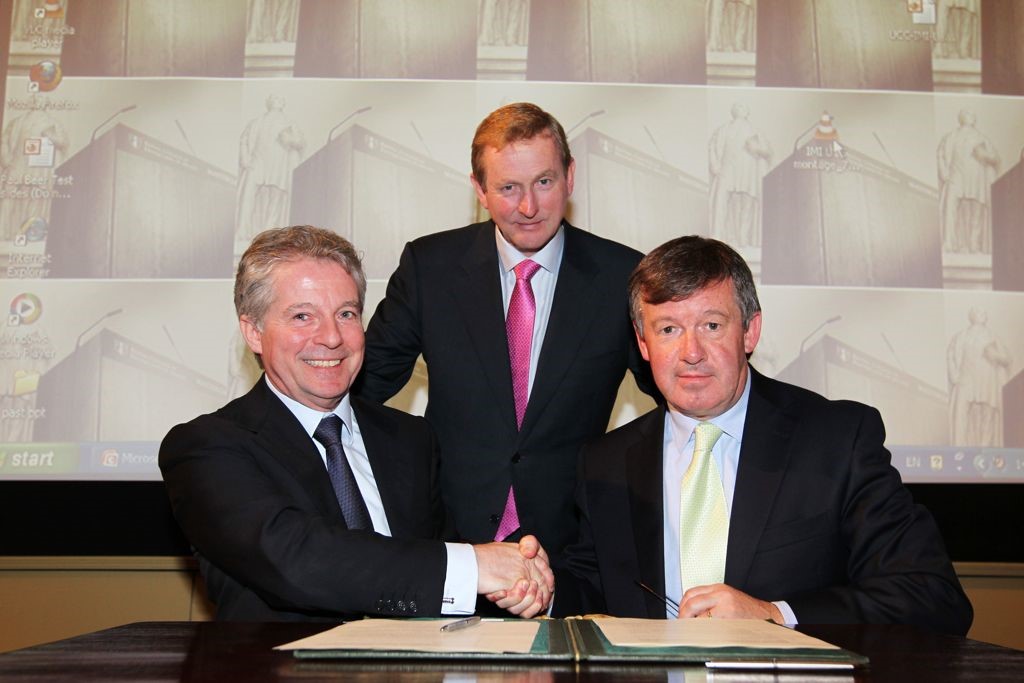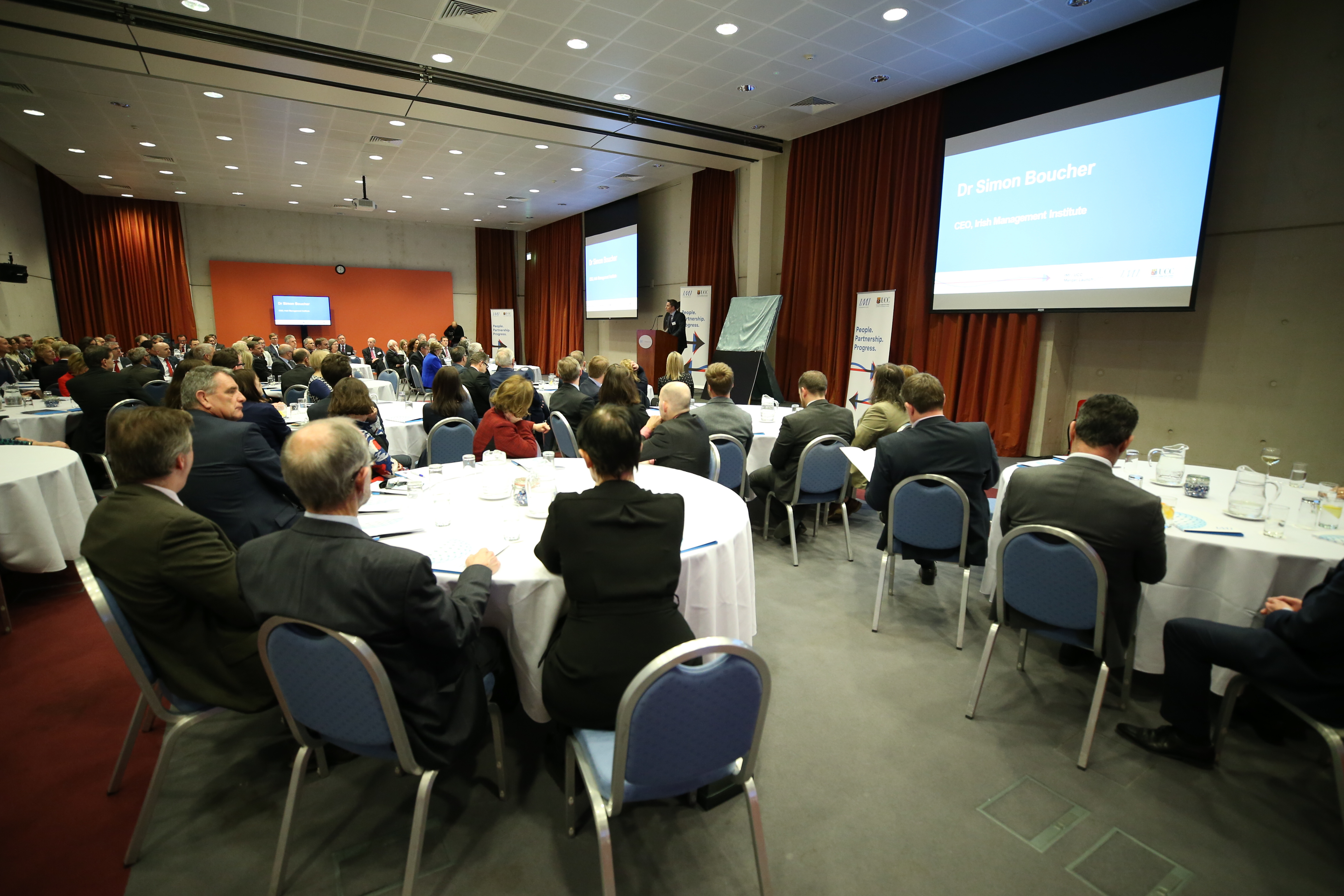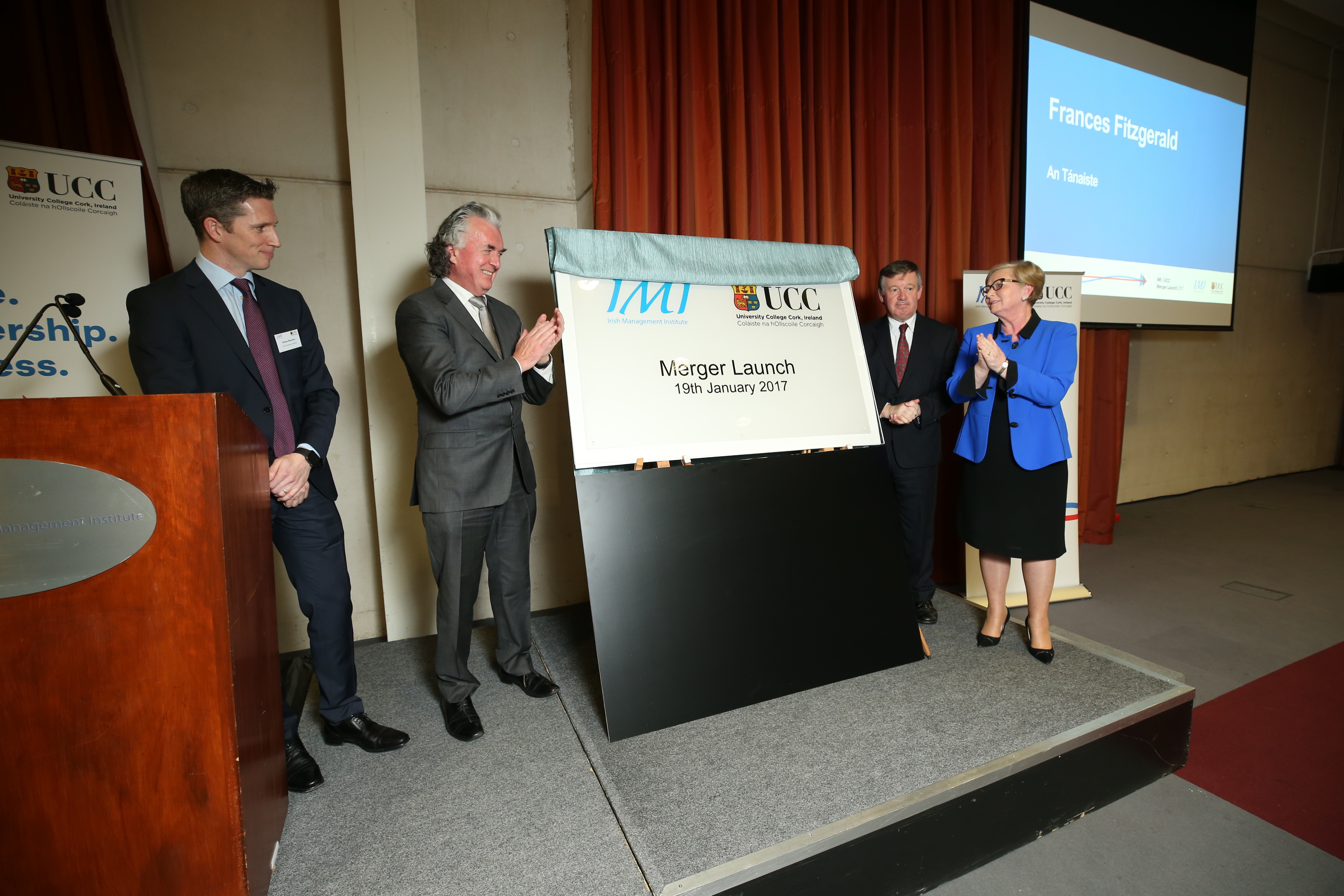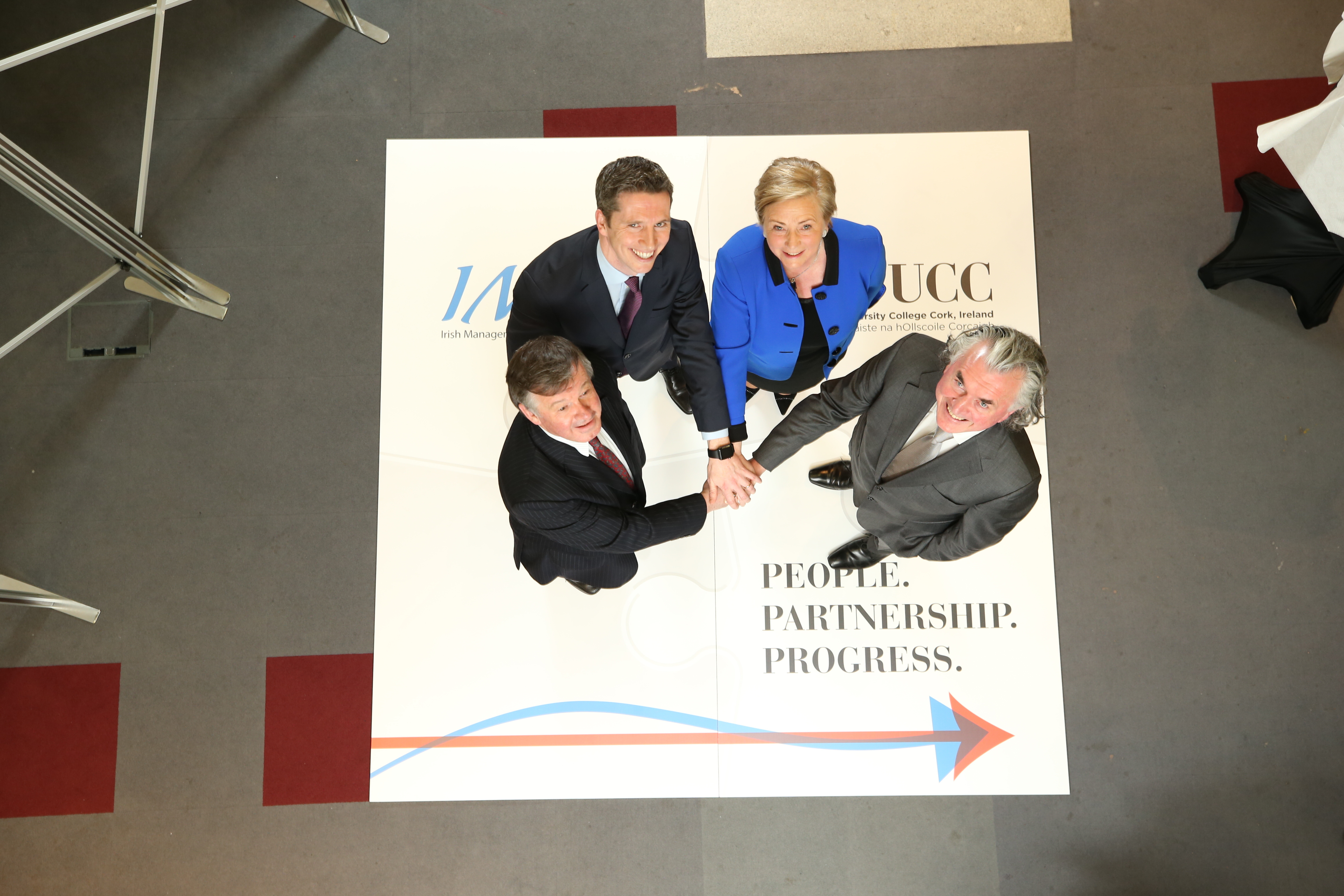IMI’s mission, and passion, is to equip leaders to build the future.
Founded by business leaders for business leaders, we’ve been empowering world-class executives for over sixty years. We have challenged, inspired, and supported generations of leaders in Ireland and abroad, creating impacts around the world.
To equip leaders to build the future, we must first remember and recognise our heritage.
After an early IMI symposium organised in Dublin in 1953, Prof. Busteed commented that…
‘…while he accepted the necessity of meetings in Dublin, similar functions should be organised in the provinces in due course’.
Prof. Busteed will be happy to know that IMI now runs programmes and events on a weekly basis in Cork from UCC’s state-of-the-art Lapps Quay Centre for Executive Education.
The Institute was originally headquartered on the 1st floor in 81 Grafton Street.
This was just one in a series of moves for IMI during these early years, with headquarters in 79 Merrion Square in 1954, 12 Leeson Park in 1956 and Errigal on the Orwell Road in Rathgar in 1963.
IMI wouldn’t move to the present day campus in Sandyford until 1974.
Some of the world’s most prominent business leaders have been awarded IMI Fellowships – recognising their contribution to management excellence.
Sir Charles Harvey was the first recipient in 1961, with other honourees over the decades including Feargal Quinn, Koji Kobayashi, David Rockefeller, and former IMI Director General Dr. Ivor Kenny.
The IMI Fellowship award was revived in 2017, with Cathriona Hallahan, Siobhán Talbot, Dr Philip Nolan and Stan McCarthy amongst the first group of modern day IMI Fellows.
Peter Drucker, one of the world’s finest thought-leaders, delivered a lecture to 1,200 attendees in a packed RDS concert hall at the invitation of IMI.
The event was so successful that IMI recorded it as a film, which then toured the country for over a year as an event series entitled ‘An evening with Peter Drucker’
On Sunday, 18th June 1972, tragedy struck the Irish business community.
Twelve Irish Business Leaders – including former IMI Chairman and Council Member Michael Rigby – boarded a plane to Brussels to discuss the passing of the referendum allowing Ireland to join the EEC. Ninety seconds after take-off, the plane crashed outside the town of Staines.
“What was so eerie about it was it was the absolute silence; apart from the hissing from the aircraft and there wasn’t any sound of a human voice…”
Francis Castledine, a nurse who arrived on the scene.
During the 1970s, IMI conducted a survey whichhighlighted the imbalance in the ratio of men and women in management. At the time, women accounted for 30% of manufacturing jobs, but less than 2% of managers were women.
Of the 160 CEOs surveyed, only one was a woman. In response, IMI launched the ‘Women in Management’ programme for professional women aspiring towards the top. To this today, IMI continues to champion gender equality in the workplace.
Our ‘Taking the Lead – Women in Leadership’ programme, designed in association with the 30% Club, is amongst IMI’s most successful executive development programmes. IMI is ranked number 1 in UK and Ireland for gender diversity on Open programmes.
IMI launched the innovative Masters in Management Practice (MPP) programme for senior business leaders. The MPP was amongst the first executive development programmes in the world to use the ‘action research’
methodology – tailoring the programme to identify and solve individual needs – setting a new standard for world-class executive development.
Henry Mintzberg, a global star of management theory and practice, was a regular contributor on the MPP and an advocate of its revolutionary methods.
A whitepaper on the future of management training in Ireland was submitted to the Minister of Labour.
The report said;
“Managers are developed more than trained – not by what we might ‘do to them’ but what we encourage them to do for themselves.”
This philosophy had been IMI’s for years and has come to be the predominant development approach in all executive education providers at home and abroad.
During the 1970s and 1980s, IMI hosted a succession of developing managers from countries such as Kenya, Tanzania and Zimbabwe.
Typically targeted at directors of governmental, charity and private businesses, the programmes equipped participants with best practice tools for contemporary management.
Such initiatives were relatively common in this period. After the fall of the Berlin Wall in 1989, and the end of the Russian communist bloc soon after, IMI ran a series of programmes for business leaders in Eastern European countries such as Hungary, Romania, Ukraine and Poland to develop their management capabilities.
IMI has worked internationally for several decades, including in some volatile environments.
After the fall of the Soviet Union, IMI worked with the Russian Federation and ran two-week seminar for fifty-seven directors of the state tax service. Participants included a former army general that had been in command of Russian forces in the 1st campaign in Chechnya.
In 2018, IMI delivered programmes as far away as Silicon Valley, Luxembourg and Shanghai.
One of IMI’s most significant new undertakings in the mid-1990s was the ‘Business Development Programme’, which acted as a launchpad for many new businesses across Ireland.
The programme applied the action learning methodology so common today in executive education; matching unique challenges to concrete actions.
After several iterations of the programme, it was licensed and delivered in almost forty countries around the world through leading development institutions.
The Arthur Gibney-designed IMI Conference Centre was added to IMI’s National Leadership Campus.
The Conference Centre’s stage has been graced by some of the worlds’ leading thinkers on leadership, including Dave Ulrich, Peter Sutherland, Rita McGrath, Michael Porter, Tom Peters, Manfred Kets de Vries and many others.
IMI has worked in close partnership with Enterprise Ireland over several decades, supporting the growth of over five hundred Irish SMEs during that time through a variety of EI sponsored executive development programmes.
Recent collaborations include Innovation for Growth (I4G), a programme which gives CEO’s and senior management teams a structured approach to building sustainable business growth through innovation.
2008 was the first year IMI achieved a global executive education ranking, entering the prestigious Financial Times’ rankings for the provision of customised executive education. IMI is still the only Irish provider in the customised executive education rankings – a distinction now retained for 11 years-in-a-row.
IMI became the first institution in Ireland to benchmark the quality of Irish management against international counterparts.
The ‘Management Matters’ research project was a substantial undertaking, surveying leaders across the country and formulated a ratings system based on the findings.
A series of reports made recommendations of best-practices to be implemented across four areas of management to boost productivity and performance in Irish companies. The IMI Management Practices benchmarking service was borne out of this research, with over 60 organisations having used the service to date.
IMI have had a series of charity partnerships in recent years.
IMI have had a series of charity partnerships in recent years. Beginning in 2014 with Console charity, IMI has since worked with CRY, Anna Liffey Drug Project and DSPCA. In 2018, IMI’s partnered with GOAL to deliver leadership training programmes to staff in some of the world’s toughest regions, with 47 managers and leaders from GOAL completing programmes in 2018.
As part of the mission to drive greater gender diversity in the top levels of leadership in Ireland, IMI and the 30% Club partnered to launch the Network Mentors programme.
Starting in 2015 with 6 organisations and 24 participants, the programme now has an alumni of over 700 mentors and mentees from network mentor programmes centred in Dublin and Cork.
From a small room in the Gresham Hotel, IMI now sees thousands of professionals graduate from professional diploma programmes, short programmes and customised programmes.
Our Masters of Business framework – Ireland’s most flexible and innovative Masters programmes – has allowed professional develop their abilities in a broad range of areas, supporting them in navigating today’s complex business environment.


